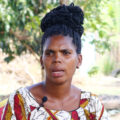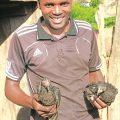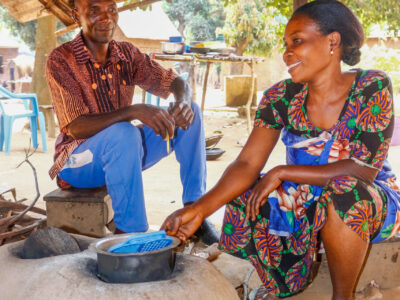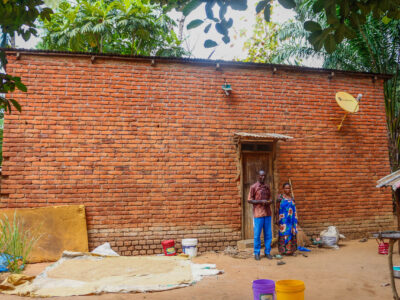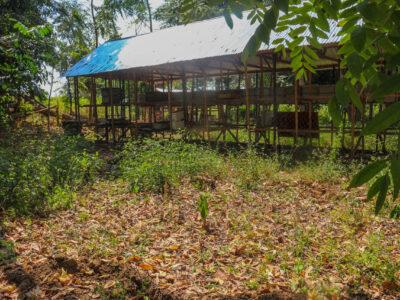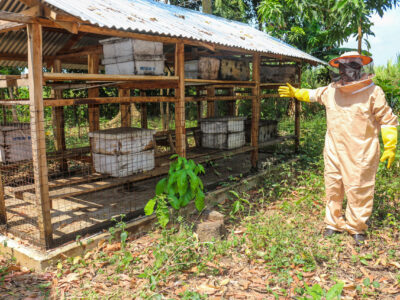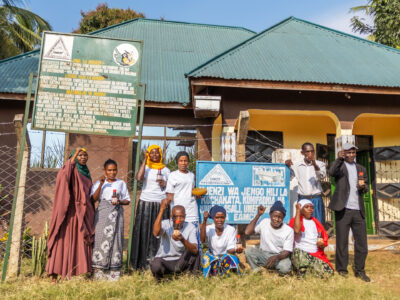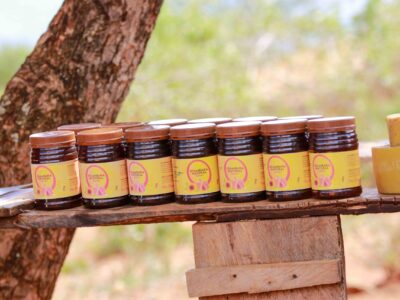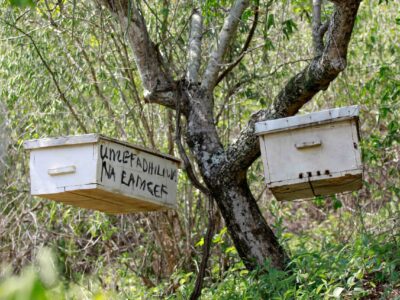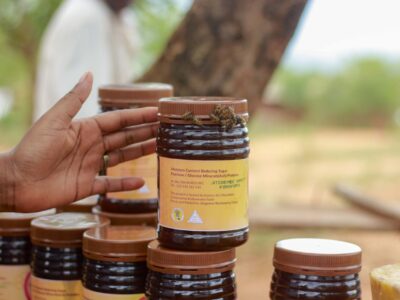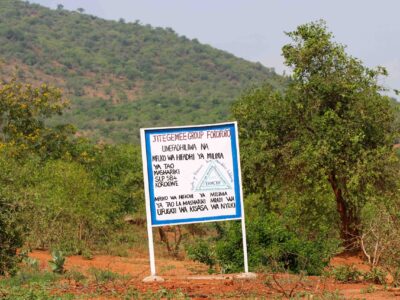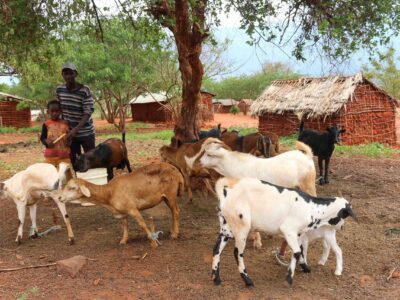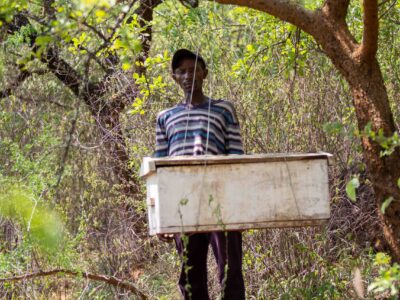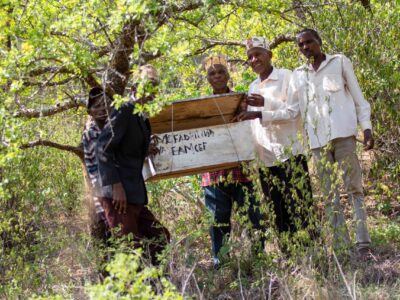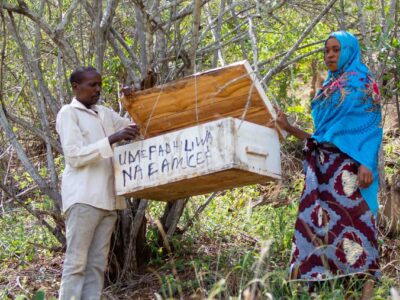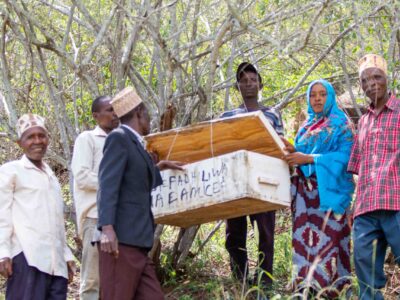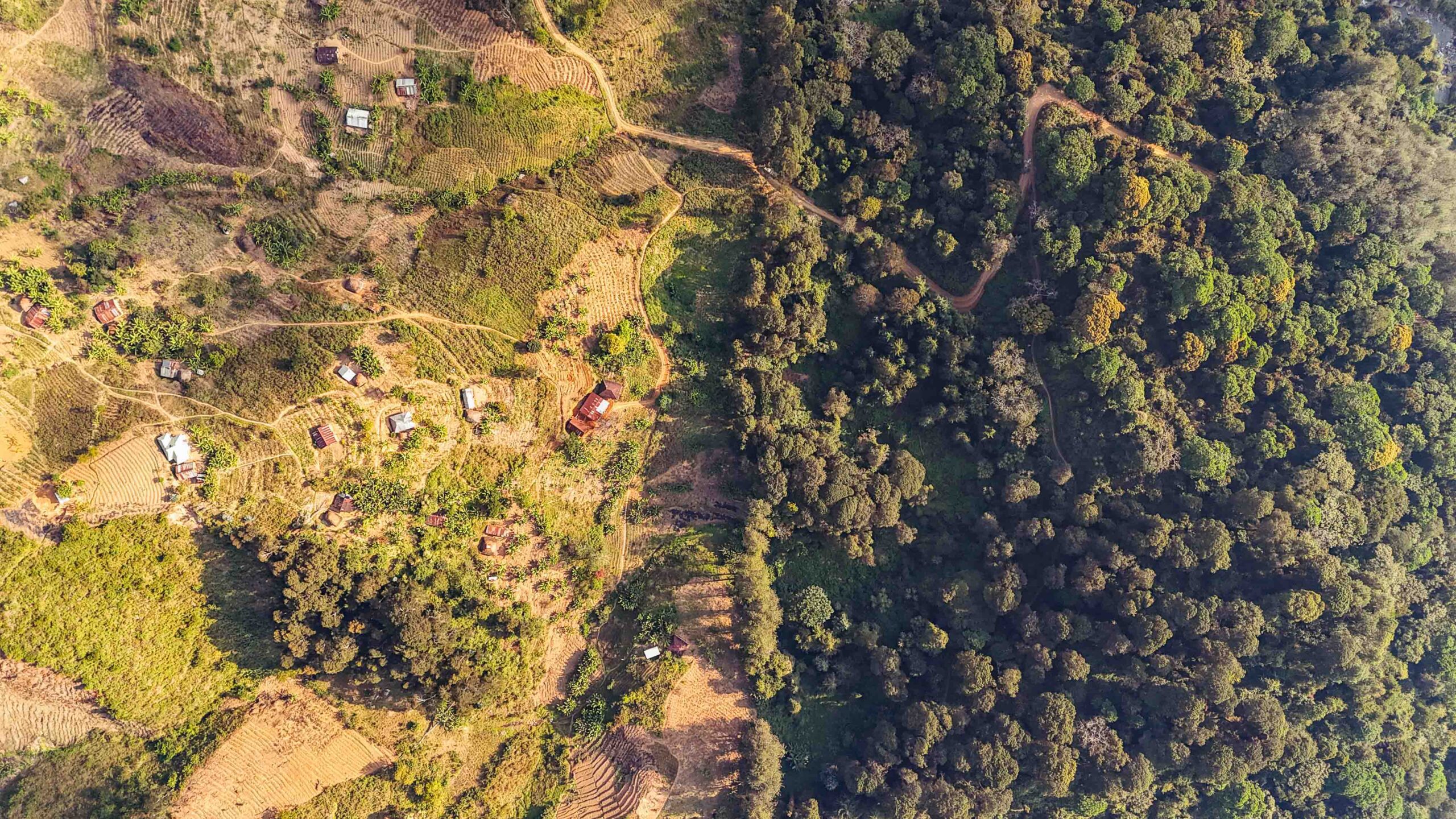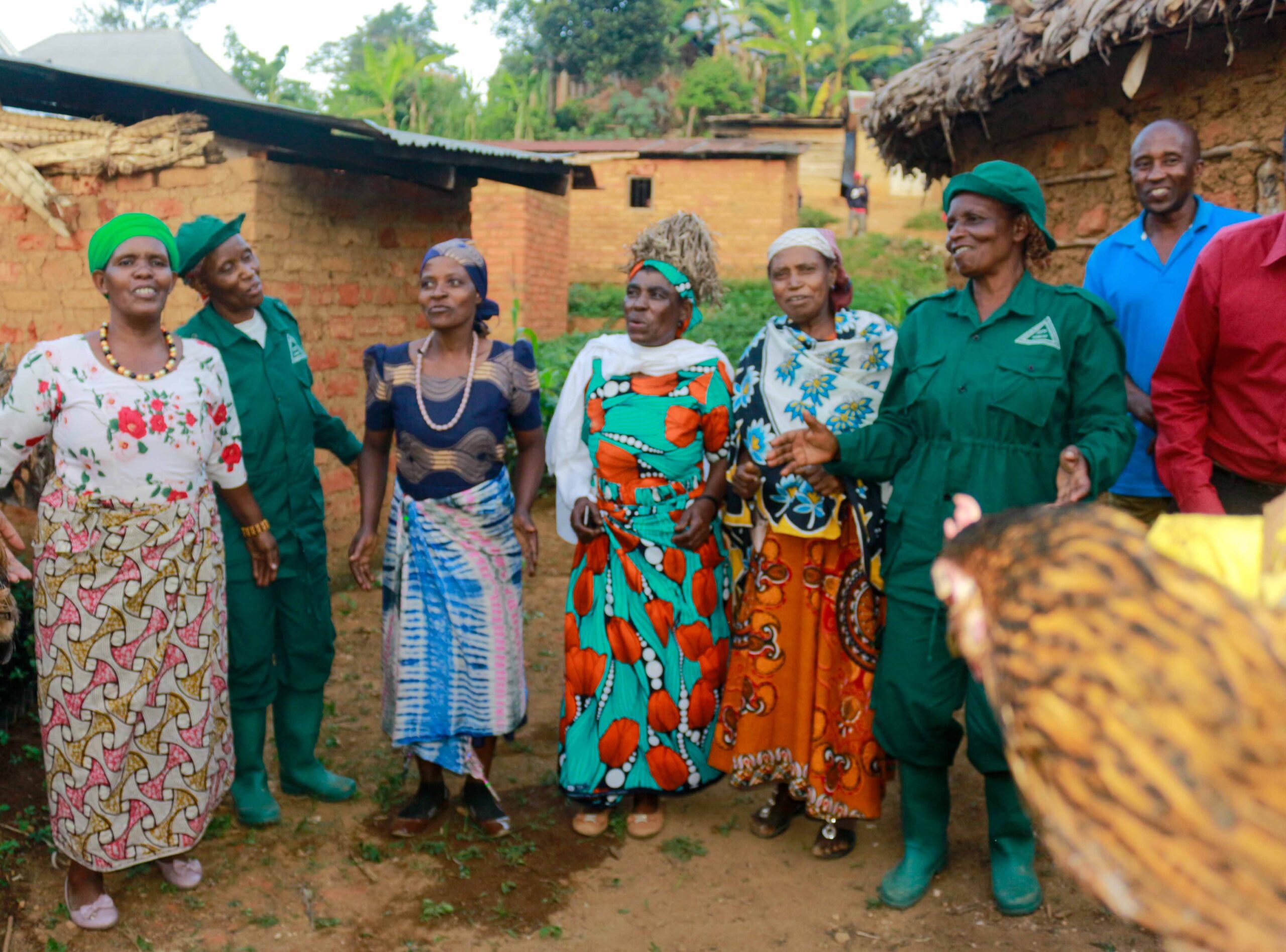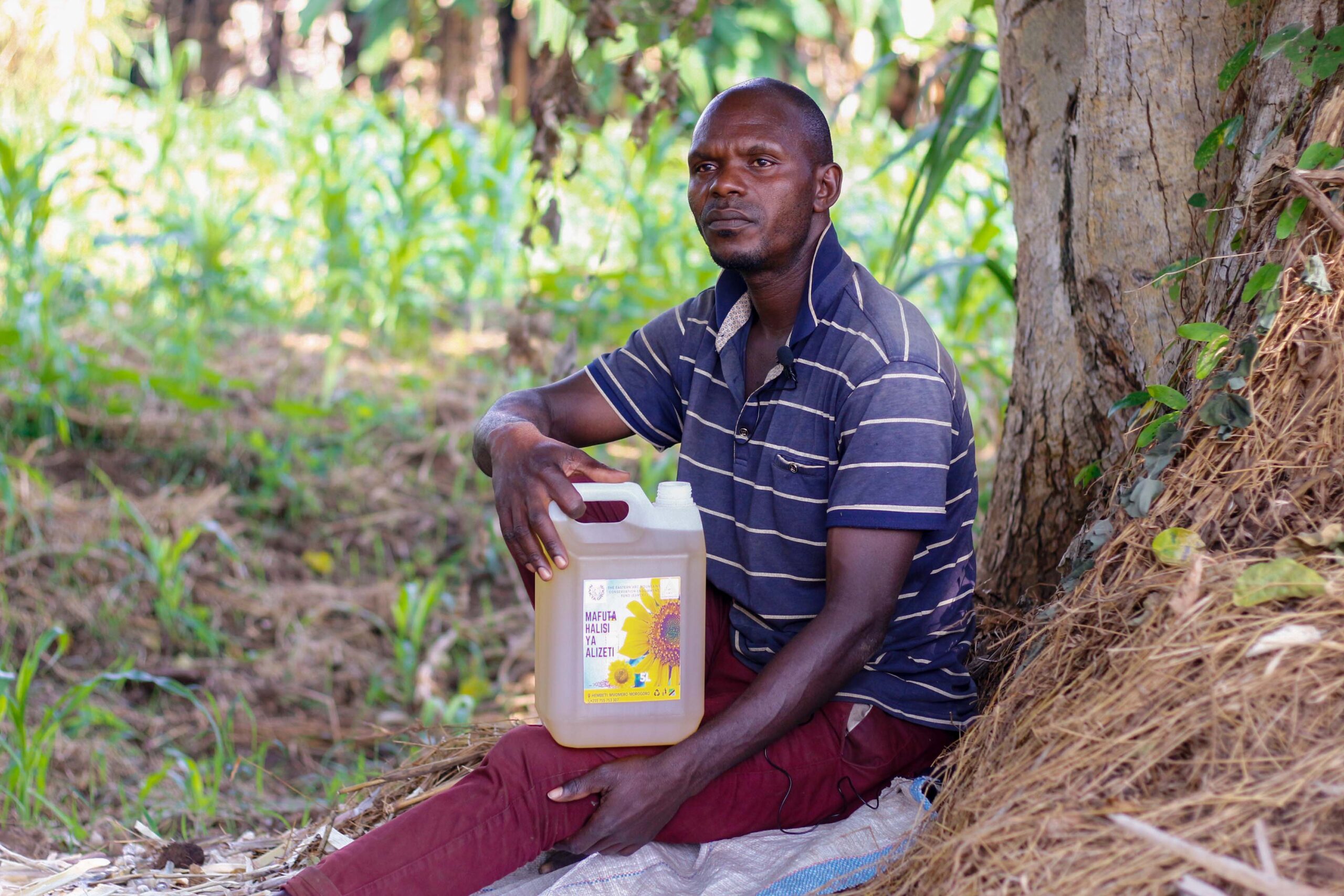Ecotourism infrastructure in the Eastern Arc Mountains has been significantly improved thanks to the efforts…
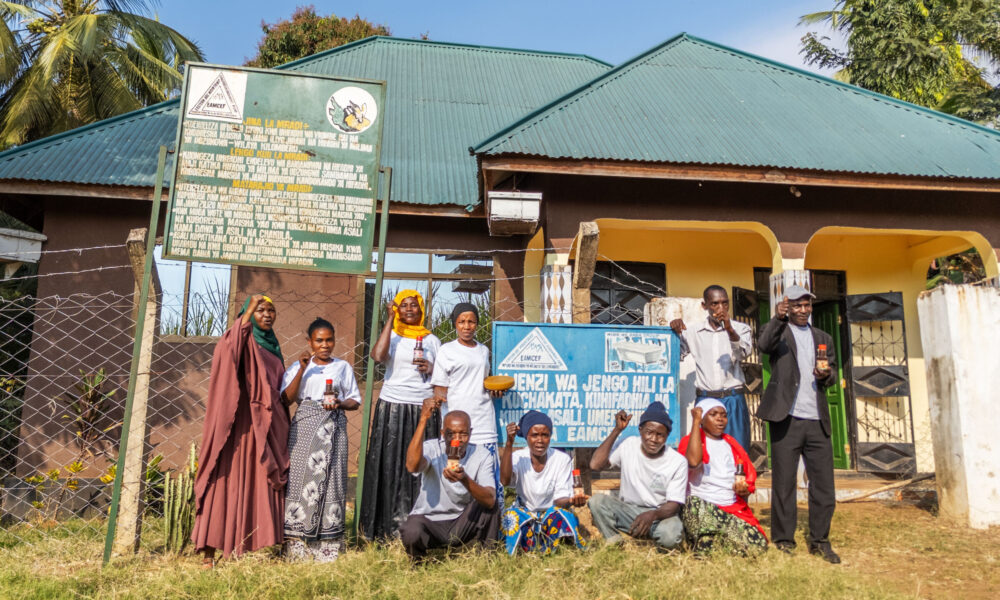
Beekeeping has transformed lives in Msufini Village, where the Wosia wa Baba group embraced sustainable beekeeping through support from the Eastern Arc Mountains Conservation Endowment Fund (EAMCEF). Starting with 50 beehives, the initiative has grown into a major community livelihood, generating over 120 million Tanzanian shillings from honey sales between 2023 and 2024. This income allowed the group to build a headquarters for processing and selling honey, create a savings fund, and provide medicinal honey to vulnerable elders.
The group, made up of 17 members (11 women and 6 men), now operates 85 beehives—80 of which are modern, high-capacity models. Their achievements have inspired 15 more beekeeping groups in the area, including the women-led Songambele group. Through their COCOBA savings initiative, the group has raised TZS 8.6 million, offering loans with 5% interest. Members like Mwanaamina Said Mkalimoto used these loans to build homes and launch businesses, while others, like Rexon Aaron Mtama, have supported their children’s education with profits from beekeeping.
Diversifying their income, the Wosia wa Baba group also rents 30 bicycles—up from 20—for TZS 1,000 per day and uses them for honey transport. They produce additional bee products like beeswax, oils, and candles, increasing their earnings. Similarly, in Foroforo Village near the Nilo Nature Forest Reserve, the Jitegemee Group—also supported by EAMCEF—expanded their income from beekeeping to livestock farming and a group-owned cashew farm. Their model encouraged the formation of the Nguvu Mpya group, promoting income generation through sustainable practices.
Thanks to EAMCEF, beekeeping has not only improved livelihoods but also protected forest ecosystems. Before the project, communities near the Uzungwa Scarp and Nilo reserves used fire to harvest wild honey, damaging the environment. Now, with training and modern tools, groups like Wosia wa Baba and Jitegemee harvest honey safely, proving that beekeeping can conserve forests while sustaining families.
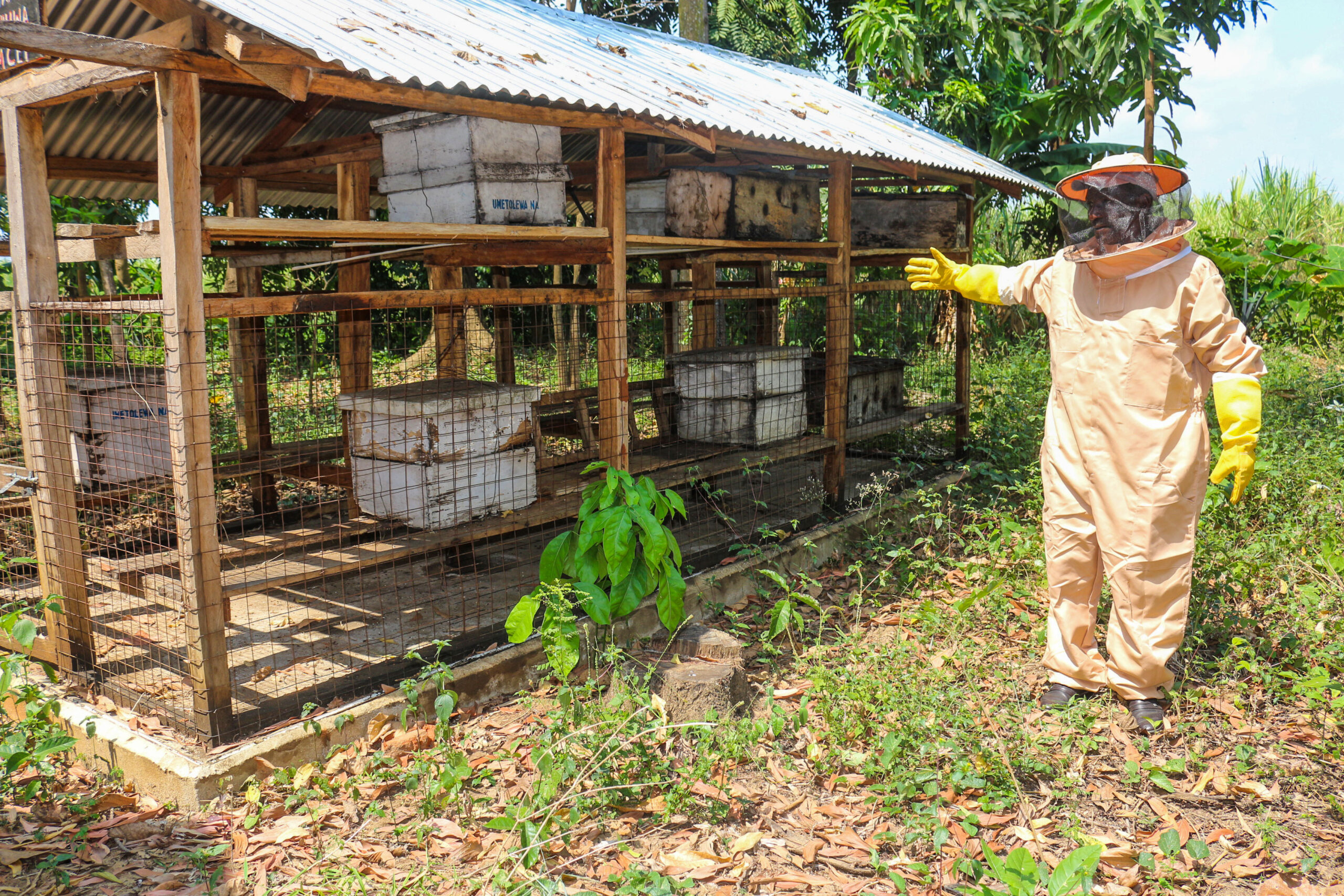
Beekeeping at Wosia wa Baba is practiced in a unique and innovative way. Instead of hanging their beehives on trees as traditionally done, the group chose to build protective shelters to house their hives. This method shields the hives from rain damage and offers better protection against natural predators such as hornets, wasps, and ants, ensuring healthier bees and more consistent honey production.

